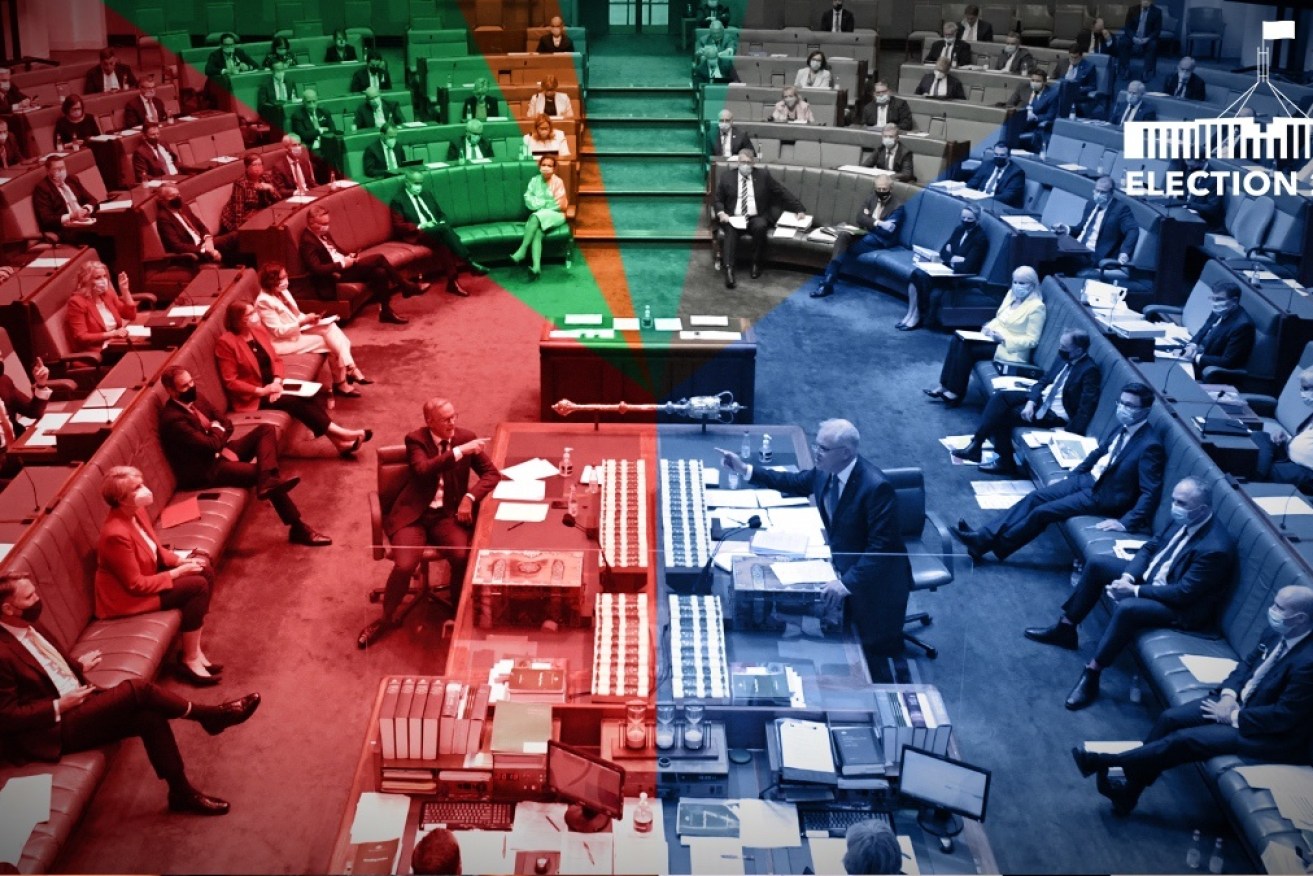Jacqui Munro: Politics must regain centre stage in two-party system to avoid extreme measures


Parliament is best served by the two-party system, Jacqui Munro writes. Photo: TND
I’m sure he doesn’t remember it, but one evening in a pub Nick Greiner changed my mind about the value of Australia’s two-major-party political system.
I was put on the path to believing that fracturing the composition of our Parliament risks fracturing our nation.
At the time I had been toying with the idea that smaller parties with more prescriptive ideological drivers would better represent the diverse views of Australians.
About five years prior, at the age of 21, I had joined the Liberal Party to support a uni friend in their council campaign. I was already inclined towards smaller government in economic and social matters.
Encouragement from Young Liberal friends ended up with my signature on the membership form. Nevertheless, putting on a blue T-shirt and sharing it on Facebook was a new and slightly nerve-racking level of identification.
Because what does it mean to join a political party? Do I have to agree with everything the leader says? What if there are people in the organisation that I disagree with?
When Greiner spoke to me, he extolled the strength of our two-major-party system. I had asked directly, “What if we had smaller parties and coalitions?”
He described the value of welcoming diverse views in a nationally focused party. He said (paraphrased) that bigger, representative political parties are our country’s best option. Because of the range of experience held in large parties, their values must be distilled into core guiding principles. In the case of the Liberal Party, “individual freedom and free enterprise”.
Big parties generate exposure to ideas, opportunities to disagree respectfully, ways to collaborate. No one person is correct. We have to work together to find commonality. We don’t always come to the same conclusions, but that doesn’t mean we don’t continue to seek co-operation or treat each other respectfully. It is a model for a tolerant society.
And importantly, there are formal ways to contribute to policy development, like the NSW Liberal Women’s Council’s advocacy for the criminalisation of coercive control.
What I see today in countries with shifting multi-party government coalitions is increasing disarray.

Israeli Prime Minister Naftali Bennett reaches out to outgoing PM Benjamin Netanyahu in Jerusalem in June 2021. Photo: Getty
Today I’m convinced that we must invest in a political system that is designed to strive for the centre, rather than risking the splintering of a multitude of minor parties, driving uncertainty and division.
Having two party leaders vying for reasonableness might sound trite, but it captures our Australian approach to elections.
We’re not looking for extreme views. And we are still familiar enough as citizens to speak in common terms about politics and our future.
We have so far largely avoided the experience of the US, which social psychologist Jonathan Haidt likens to the fable of Babel. Ruptures in shared reality and language result in the demise of constructive engagement.
In Israel, the lone democracy of the Middle East, a total of eight parties are currently in tenuous coalition to form government.
Under conservative leader Naftali Bennett, the government is an alliance of wildly different political ideologies, including socialist and economically liberal parties.
One very recent defection is threatening the stability of the majority. As a result, Israelis could face the polls for the fifth time in less than four years. With 22 total parties represented across 120 seats, it is a totally unwieldy multi-party system.
When an individual casts a vote for their socialist comrades, should that mean an endorsement for any allegiance to keep ‘the other guys’ out? What is bargained away when the formation of government requires negotiation between technically opposing ideologies? More importantly, what is gained?
In France, President Emmanuel Macron’s relatively new centrist party, La République En Marche! (LREM) has hollowed out the traditional centre left and centre right parties, clearing the way for the hard left, and a primary contender from the hard right, Marine Le Pen. This has generated exposure of more extreme views on both sides.

The Emmanuel Macron and Marine Le Pen presidential election was a win for the centrist vote. Photo: AFP/Getty
Macron is responsible for LREM’s success. There is no doubt that he has captured the spirit of a nation frustrated with the status quo. But without his personality and devoid of the thread of stable parties and ideology, the political future of France beyond 2027 (when Macron’s final term as President expires), is deeply unclear.
Preserving the stability of our two major parties is a responsibility we should take personally, if we are serious about maintaining reasonably centrist, representative governments.
Unfortunately, like most community organisations, from Rotary to surf life savers, political parties have experienced a decline in membership.
A former member of parliament told me that when he joined the party, yes, he became a bit more Liberal, but the Liberal Party also became a little more like him. It has stayed with me because I see that the soul of a political party is only made up of its membership. The bigger, the better.
I ask, seriously, what have you got to lose by joining a political party? A membership fee at worst. At best, you’ve got a lot to contribute.








